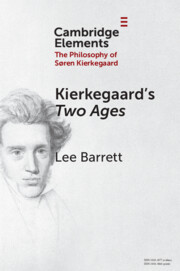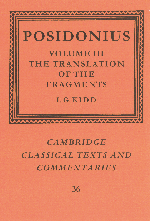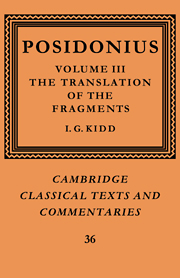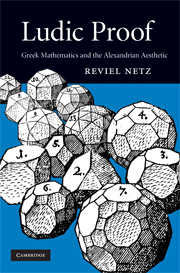Kierkegaard's Two Ages
This Element explores Kierkegaard's Two Ages, his literary review of a contemporary novella, situating it in the context of his other writings from the same period of his life and his cultural/political context. It investigates his review's analysis of the vices and virtues of romance and political associations, which he treats in parallel fashion. It traces a theme that certain types of both romance and political association can foster virtues that are necessary for the religious life, although the political ethos of his contemporary age mostly encouraged vices.
Product details
September 2025Paperback
9781009547420
75 pages
229 × 152 mm
Not yet published - available from September 2025
Table of Contents
- Introduction: Kierkegaard on romance and political community
- 1. The significance of Kierkegaard's Two Ages
- 2. A plethora of intepretations: Kierkegaard on human sociability
- 3. An interpretive alternative: Kierkegaard's preparatory virtues
- 4. The unique features of two ages: a literary review
- 5. The uniqueness of this life-view
- 6. The virtues of true romance
- 7. The two ages and the spheres of the private and the public
- 8. The formative power of cultural/political life
- 9. The virtues of the age of revolution
- 10. The vices of the present age
- 11. Conclusion.






